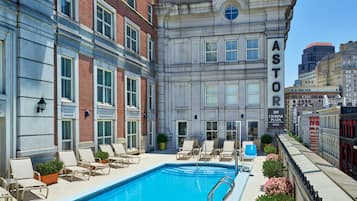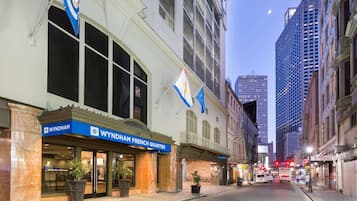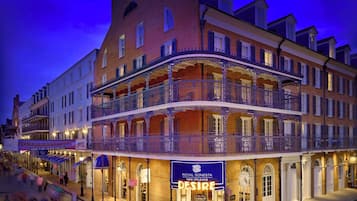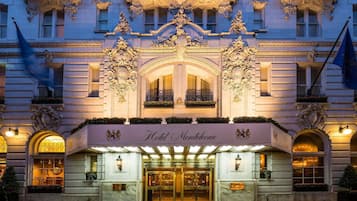The St. Louis Cemeteries in New Orleans serve as the final resting place for some of Louisiana’s most popular figures. There are 3 Roman Catholic cemeteries of the same name, containing many above-ground mausoleums dating back to the 18th and 19th centuries.
Exploring the labyrinthine graveyards is a popular activity for paranormal enthusiasts in New Orleans. Guided tours often take place in St. Louis Cemetery 1 and 2, as both are said to be among the city’s most haunted landmarks. They also contain the tombs of prominent names like Marie Laveau, Etienne de Boré, Henriette DeLille, and Delphine LaLaurie.
St. Louis Cemeteries in New Orleans - one of the highlights of 10 Best Things to Do in New Orleans and 13 Best Things to Do in Louisiana (Read all about New Orleans here)
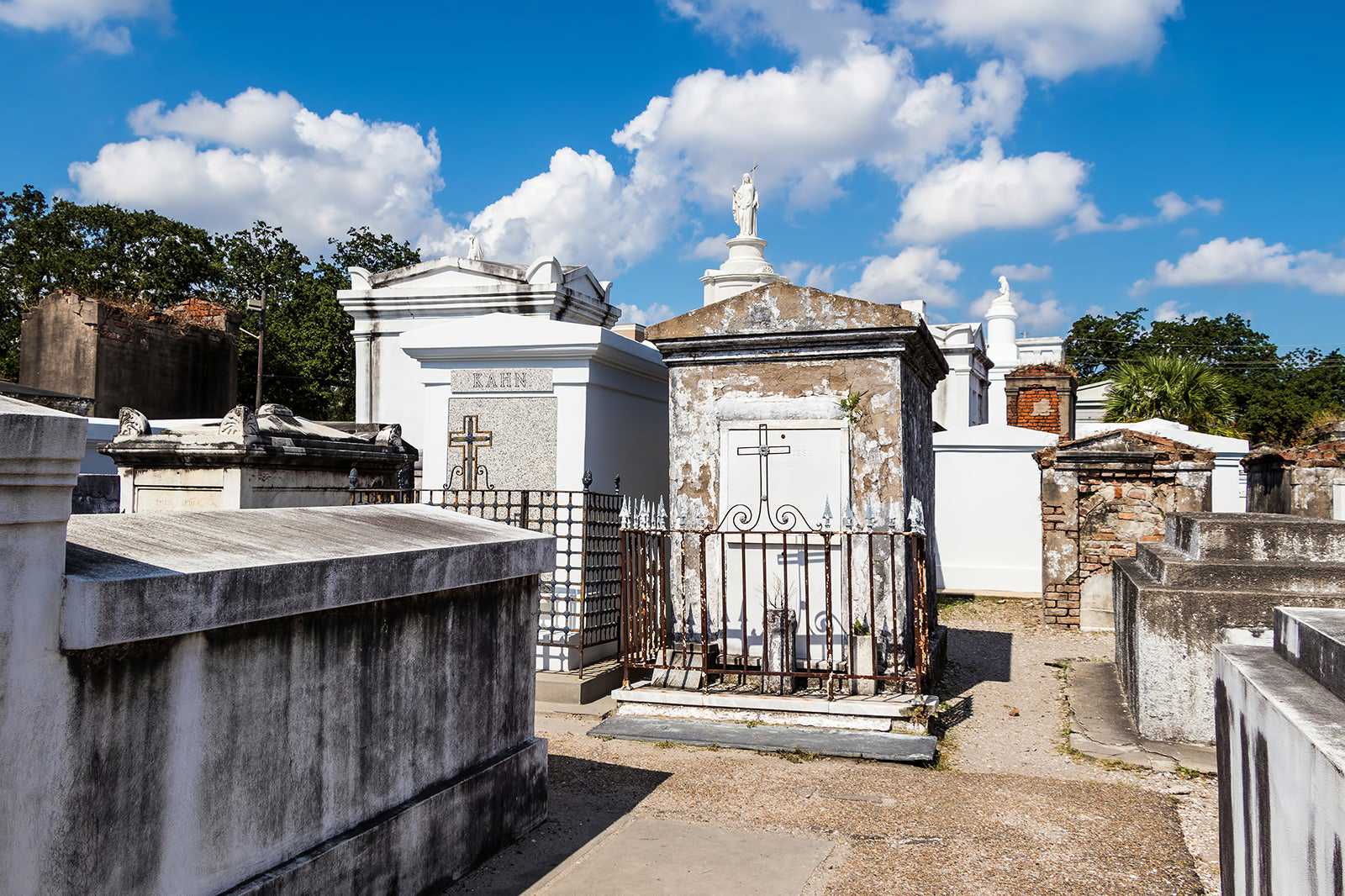
What are the highlights of St. Louis Cemeteries?
Established in 1789, St. Louis Cemetery No. 1 is the oldest and most-visited graveyard in New Orleans. It’s the final resting place of Marie Laveau, also known as the Voodoo Queen of New Orleans. The city has a thriving voodoo culture dating back to the early 19th century, and Marie Laveau is arguably the most popular icon of this religion.
An illegitimate daughter of plantation owner Charles Laveau and his Haitian slave mistress, she’s known as a hairdresser and practitioner of elaborate voodoo rituals. Many locals claimed to have seen her spirit wandering the St. Louis Cemetery No.1, with locals believing that Laveau materialises to lead voodoo worship during St. John's Eve every year. In the past, visitors believed that she would grant their wishes if they wrote an X on her mausoleum. Today, doing so will result in a rather hefty fine.
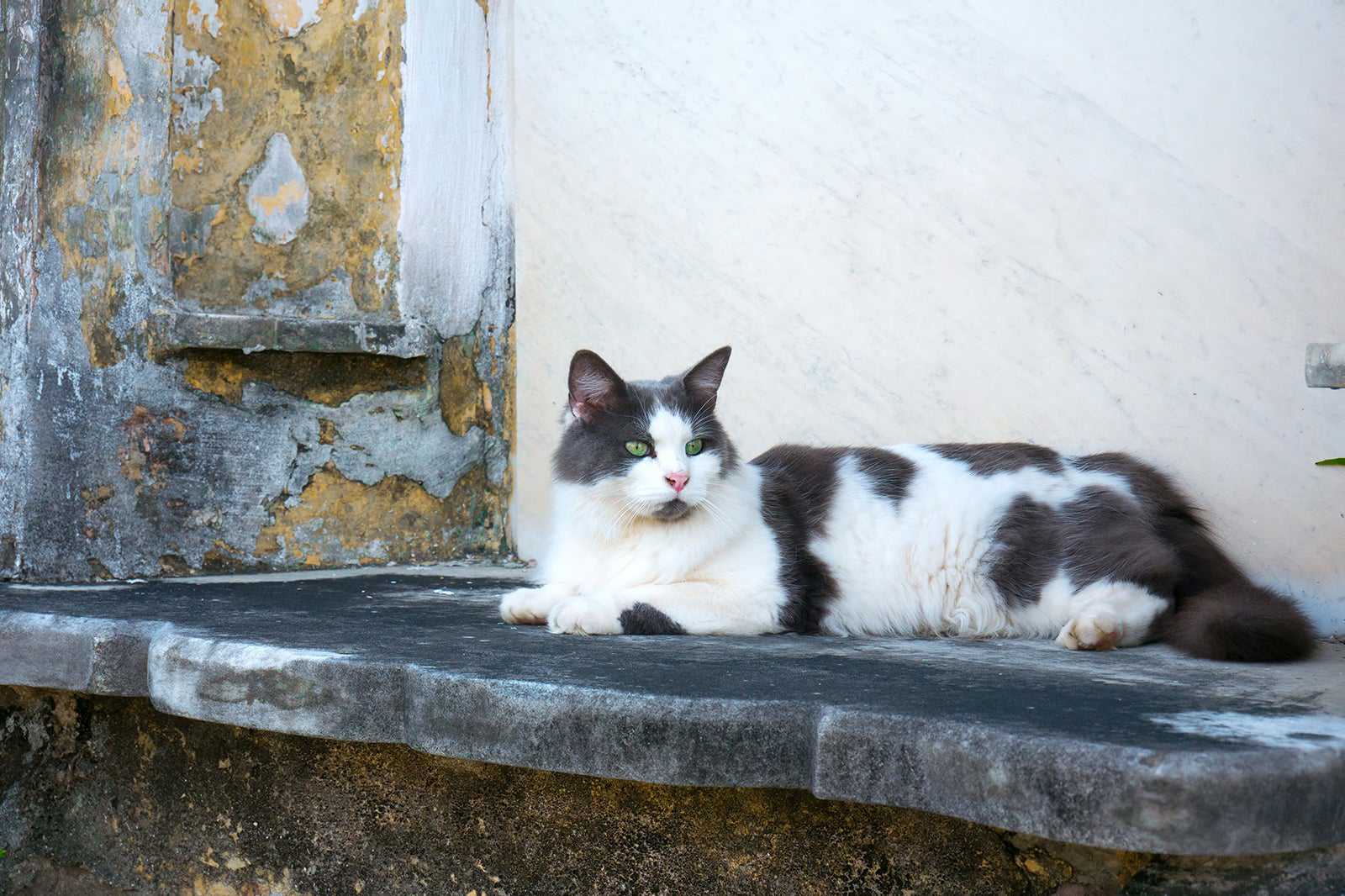
An eye-catching sight of St. Louis Cemetery No. 1 is a pyramid-shaped mausoleum with the engraving, Omnia Ab Uno (Latin for “Everything From One”). This 9-ft-tall white structure belongs to Hollywood actor Nicolas Cage, who reserved the plot in 2010.
The 19th-century St. Louis Cemetery No. 2 is less than a mile northwest of St. Louis No. Cemetery 1. It primarily holds the graves of jazz and blues musicians, politicians, and soldiers who fought during the American Civil War.
St. Louis Cemetery No. 3 is on Esplanade Avenue, within walking distance of New Orleans’ City Park. The cemetery was opened in 1854, hosting marble tombs and crypts with Greek Orthodox designs. Some of New Orleans’ prominent figures are buried here, including the city’s first African American mayor, Ernest N. "Dutch" Morial – his body was originally buried in St. Louis Cemetery No. 1 before it was moved here in late 2014.
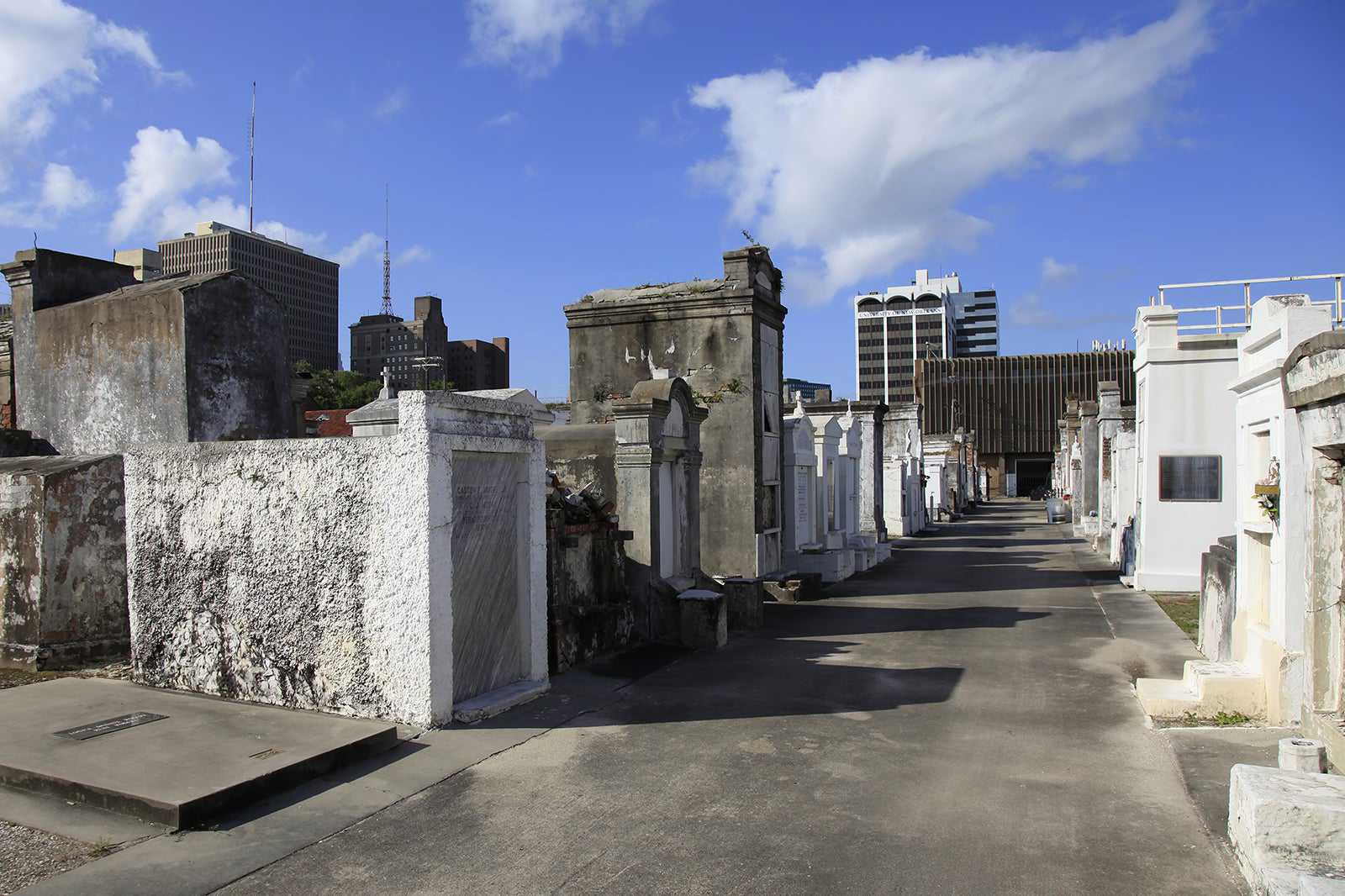
Good to know about St. Louis Cemeteries?
The St. Louis Cemeteries are private properties, so you can only explore the graveyards by joining a guided tour. French Quarter Phantoms and Our Cemeteries are among the organisations offering daily walking tours. It’s a good idea to dress light and wear sunscreen as the cemeteries are completely outdoors. Wide-brimmed hats and sunglasses are also recommended, especially if you’re visiting in summer.
The first 2 St. Louis Cemeteries are along Bourbon Street, around half a mile west of the French Quarter. St. Louis Cemetery No. 3 is close to City Park, one of the largest parks in New Orleans. You can get there via the Canal Streetcar on the City Park/NOMA line or the #91 Jackson-Esplanade bus line.
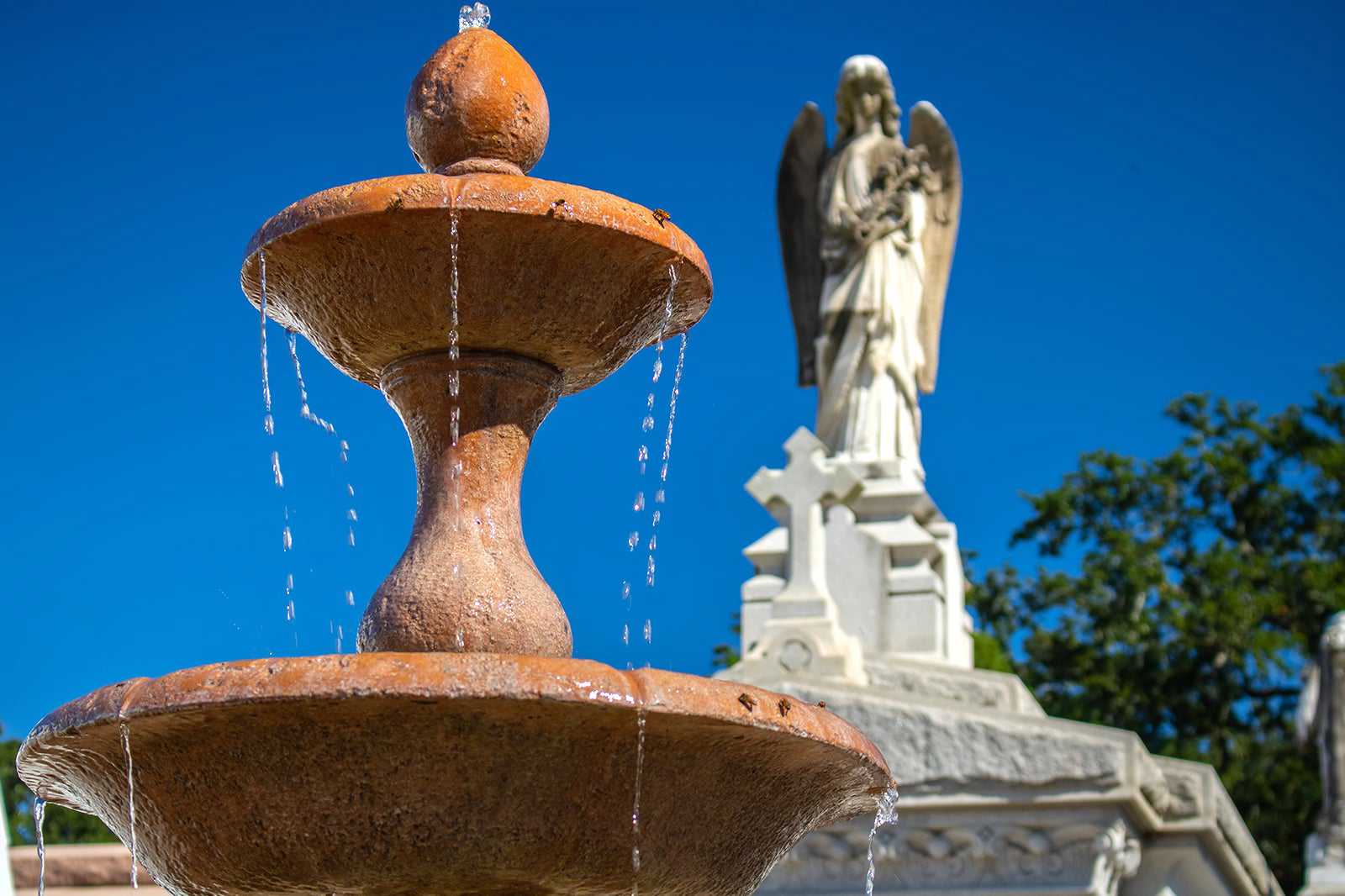
St. Louis Cemeteries in New Orleans
Avoinna: Daily from 9 am to 3 pm
Puhelin: +1 504-596-3050


